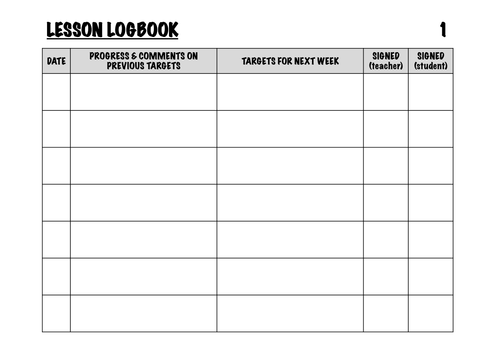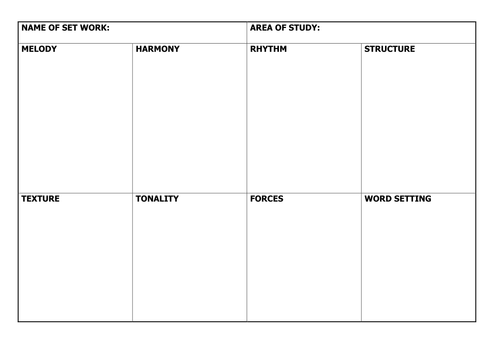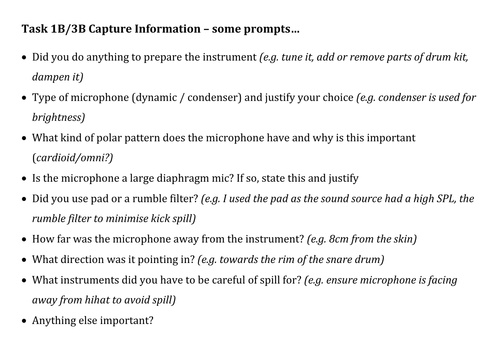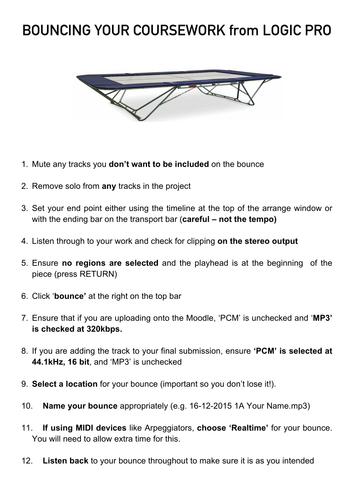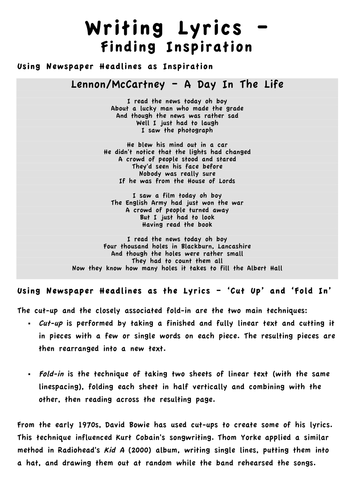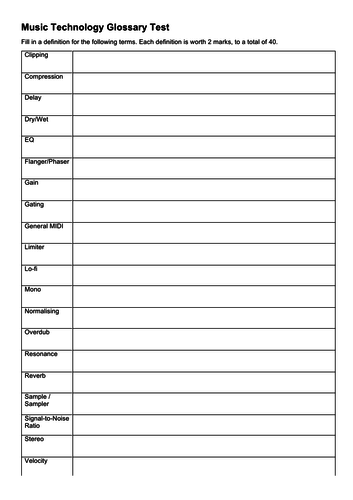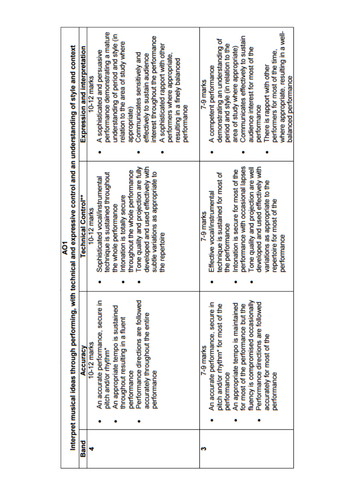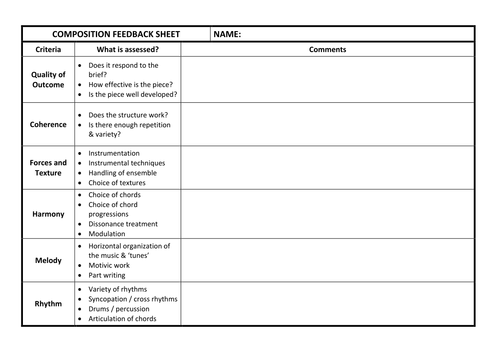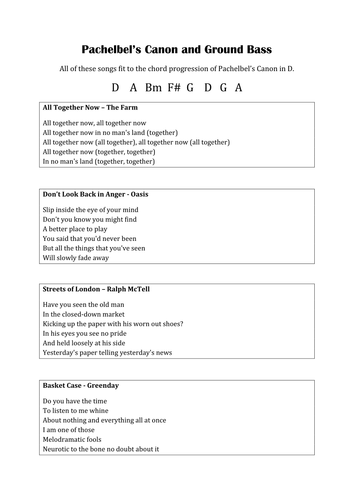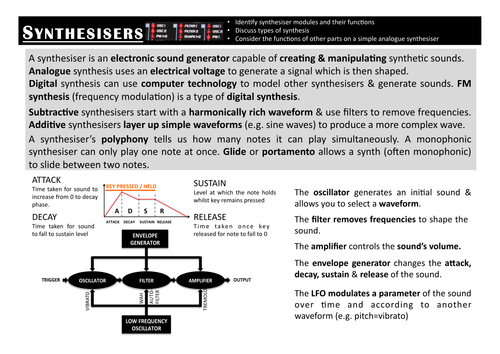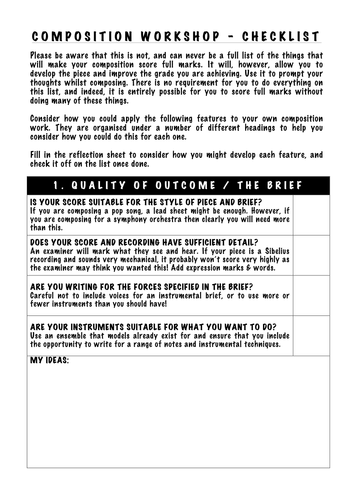James Reevell's Music & Music Technology Shop
James Reevell is an experienced teacher of Music and Music Technology, and is currently Subject Leader for Visual and Creative Arts at a sixth form college in the North West of England. He is responsible for the leadership and management of both Music courses, Art, Drama and Dance. He has over 5 years examining and assessment experience in Music and Music Technology and provider of INSET training. He has recently been appointed as bridge fellow for the University of Huddersfield.


